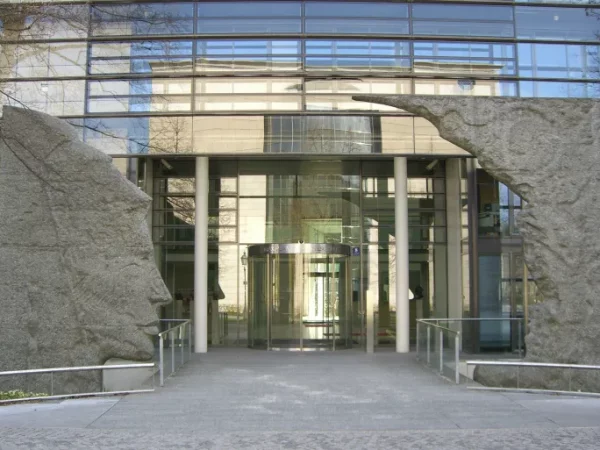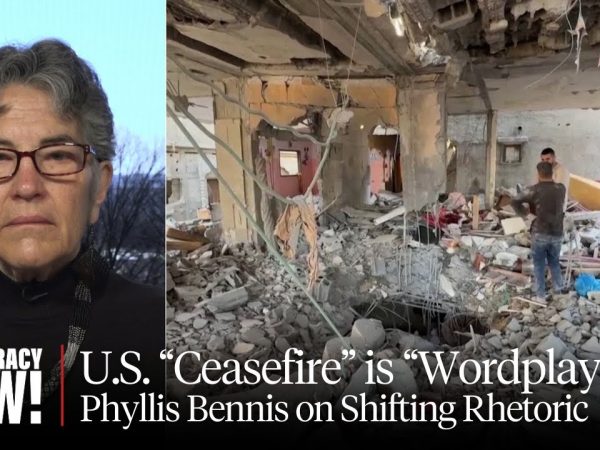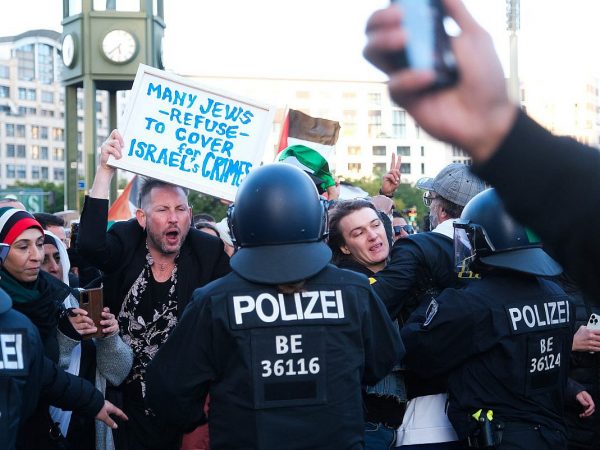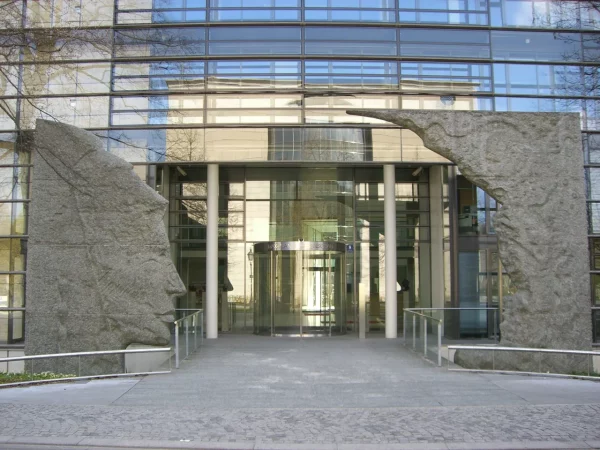Latest Posts
The Max Planck Society must end its unconditional support for Israel
An open letter by employees calls on the MPS to reconsider its stance on Israel in view of Israeli genocidal actions.
UN calls for humanitarian ceasefire amid urgent efforts to avoid Gaza famine
António Guterres says Palestinian people ‘remain stuck in a non-stop nightmare’ as Israel stands accused of blocking aid
Israeli forces kill two Palestinian boys in Nour Shams refugee camp
17-year-old Abdullah Mahmoud Mohammad Qaisi (left), and 17-year-old Iyad Nidal Azmi Kanouh (right) were killed by Israeli forces during an incursion into Nour Shams refugee camp in the northern occupied West Bank. (Photos: Courtesy of the Qaisi and Kanouh families)
Unicef official tells of ‘utter annihilation’ after travelling length of Gaza
James Elder describes children on the brink of death and families desperate for clean water, food and shelter
U.S. Said It Was Calling for a Gaza Ceasefire, But Its U.N. Resolution Didn’t Say That: Phyllis Bennis
At the U.N. Security Council, China and Russia have vetoed a U.S. draft resolution on the war in Gaza. The U.S. resolution appeared to call for a ceasefire, but it was written in a way to make the resolution unenforceable. Our guest Phyllis Bennis says this was mere “wordplay” and a “convoluted” attempt by the Biden administration to play both sides, as it comes under increasing internal and external criticism over its close relationship with Israel. Bennis is a fellow at the Institute for Policy Studies and an international adviser to Jewish Voice for Peace. She has written several books on U.S. foreign policy and the Middle East. When it comes to dissent over U.S. support of Israel, “the pressure is mounting in ways that I’ve certainly never seen,” she says, adding that it’s imperative for the public to continue pushing for more action, as “it’s crucial that the weapons sales be cut” and a real ceasefire be reached immediately.
The spiraling absurdity of Germany’s pro-Israel fanaticism
As repression of Palestine solidarity penetrates every sector of life, the state’s liberal self-image is fast becoming a story Germans can only tell themselves.
Dispute within Max Planck Society over ties to Israel
Statement from a collective of academics in solidarity with Palestine from The Max Planck Society:
The Max Planck Society (MPS) is a government-funded research organisation in Germany that comprises 85 research institutes (most of which are also based in Germany), and it is one of the most successful such organisations worldwide. Therefore, its academic and non-academic employees come from various backgrounds, and the MPS prides itself on the diversity it fosters. However, this position has not always been reflected in the political statements and stances that the MPS has expressed over the years, its continuous support and collaboration with Israeli research institutions, which partake in the apartheid regime in occupied Palestine, being a prime example of this.
World Bank report finds imminent risk of catastrophic famine in Gaza Strip
Findings come as UN secretary general calls on Israel to give unconditional access to Gaza for aid relief
Letter addressing ongoing violations of academic freedom in occupied Palestinian Territories
We write on behalf of the Committee on Academic Freedom (CAF) of the Middle East Studies Association of North America (MESA) to express our deep concern regarding Israel’s widening assaults on Palestinian universities and the targeting of students and faculty in the occupied West Bank since 7 October 2023.








